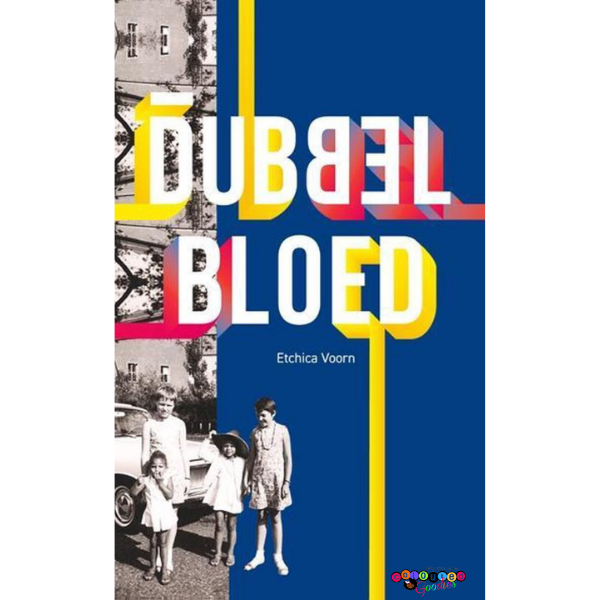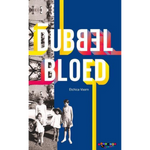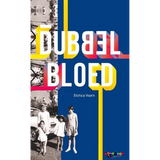Double blood
Shipping from 4.95
Free shipping from €50
Returns within 14 days
Description
Double blood
Double blood, nothing half blood!
Dubbelbloed is the first novel that describes white innocence, color blindness and 'white' as superior and 'the' standard in a very personal and very recognizable way.
[Review] In her autobiographical debut novel, Etchica Voorn takes readers back to the 1970s and 1980s, when, as a teenager and a primary school student, she was surprised to be confronted about something she herself did not pay attention to: her skin color. Everyone wants to know what she is, no one appears to be color blind, almost everyone asks about her background. They want to be able to divide her into something, as half of one thing and half of the other. Her own Surinamese family also places her in a box of which she is not aware, with comments such as “the Chinese of the family”. At a certain point she decides not to be a half-blood at all, but a double-blood. This makes her feel rich with her heritage and calls it her 'moksi', which she has not been aware of for a long time. The confrontation with her mixed heritage comes at the strangest moments and leads to all kinds of special situations. They are very visual and beautifully described, but also very confrontational.
In her search for her double identity, she regularly expresses her amazement about both the Surinamese and Dutch customs surrounding frizzy hair, the use of blue, (new) swear words (such as 'Kunta Kinte'), the differences in humor, beauty tips and the customs surrounding death and burial. To her horror, she finds that because of her light skin color ('mulatto woman'), she turns out to be 'a good catch' for a Surinamese man. The most confrontational moment is that to the outside world the writer appears not to belong to her mother, who has divorced her father. This is painfully described when her mother, on the Amsterdam Albert Cuyp market, gets into conversation with a 'left-wing' African who wants to buy her. The man thinks that little Etchica suits him better because of her skin color, after which she, at the behest of her talkative mother, has to run away.
She describes the first trip to Suriname and her 'creole origins' as a wonderful homecoming. Yet she also appears to be a stranger to her family there. In her father's country, where she has never been before, she encounters hostility at her grandparents' house during her journey. While the Surinamese winsti culture attaches great importance to contact with ancestors. Most likely, these Surinamese people, and residents of the grandparents' house, also see her as a 'bakra' who has no business living in the house that is now theirs. She also experiences rejection on holidays in Europe (Germany and France) on the basis of her skin color, in a very poignant way, when finding a hotel room and the way she is treated in restaurants. Hotels are arranged more quickly by her white friend and restaurants appear to not only have staff with disapproving hostile comments, but also fully booked while she finds that the restaurant is empty, except for one table. Sometimes in such situations she cannot immediately understand what is 'really' going on. Ultimately, Etchica experiences that she does not belong anywhere and at the same time she realizes that she has the best of both worlds. “Coming from two cultures also brings wealth! I am attracted to both cultures simply because they are both my own.”
Delivery and returns information
We ship within 1-2 business days .
Free shipping when you spend €50 or more
Returns can be made within 14 days . Send an email with the invoice number to: info@colourfulgoodies.nl




